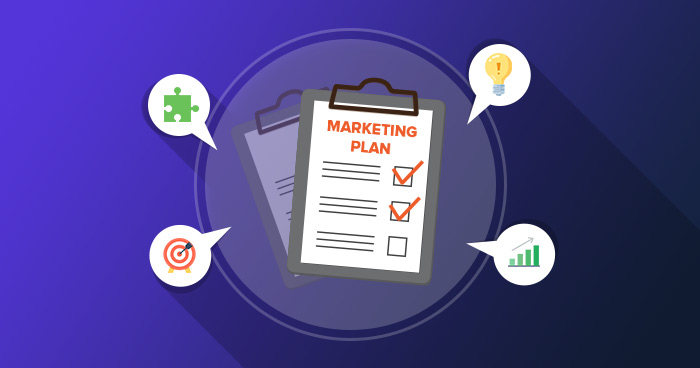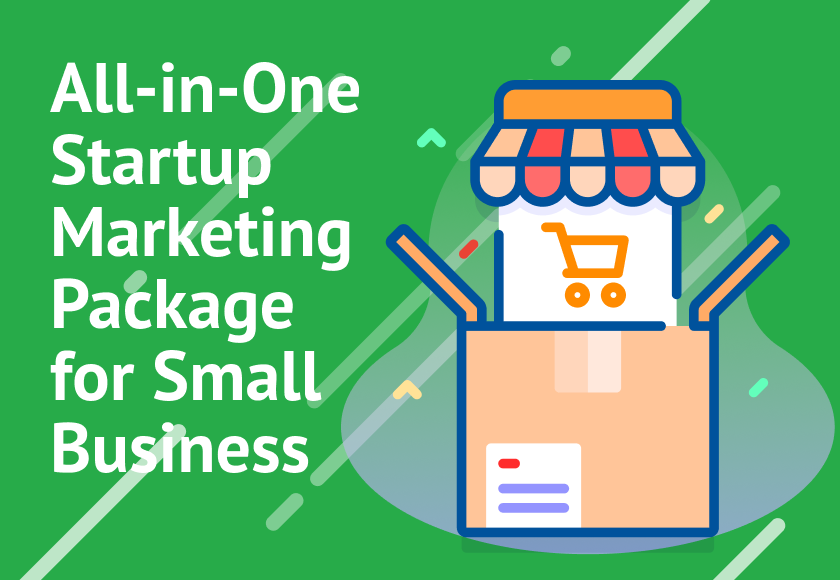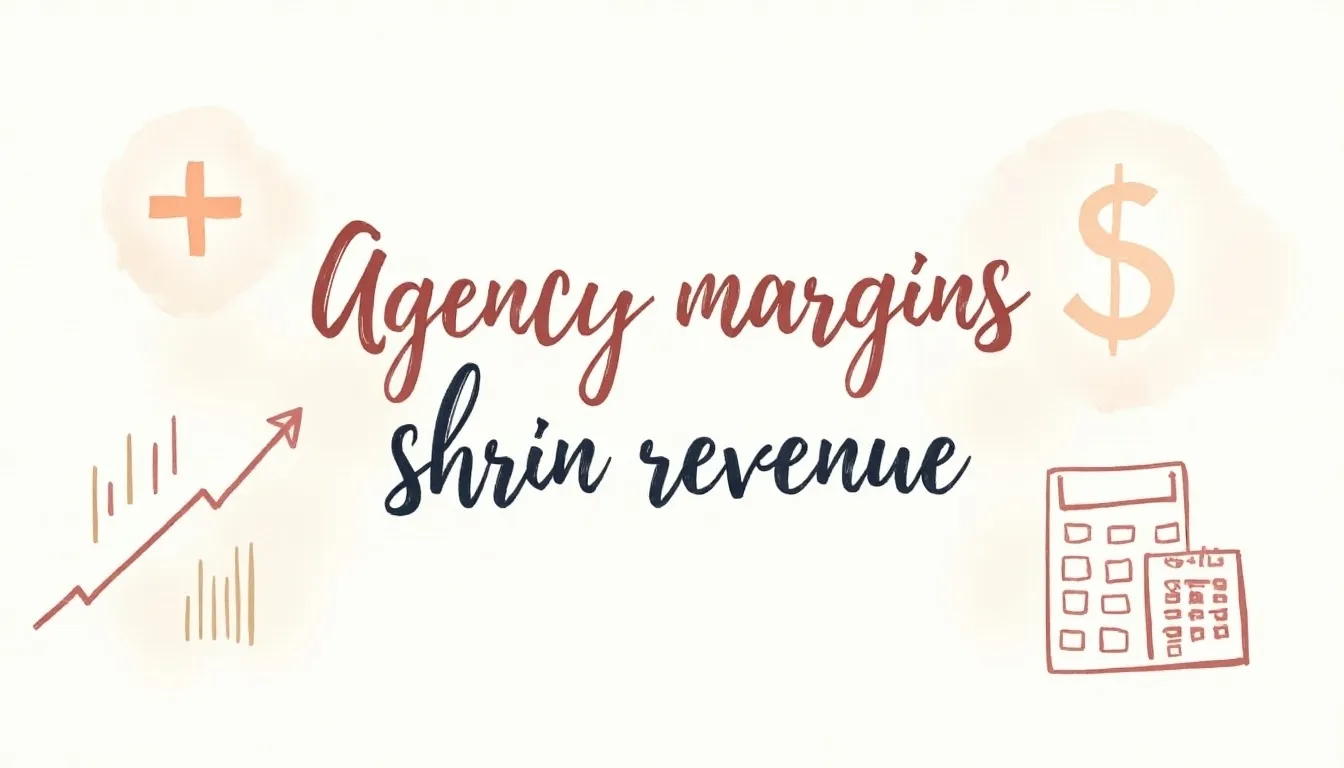Marketing is an essential component of every business, whether it’s a start-up or a big company. It’s often a neglected part of the business, but without marketing, there would be no sales and revenue in business. A marketing plan provides the blueprint for your entire marketing strategy. It includes mapping out the objectives and then applying appropriate strategies to achieve them. It also needs to be able to cover all areas of your business in order to make sure that you’re not missing out on vital opportunities. Marketing is one of the most important parts of a business. It includes advertising, sales promotion, public relations, direct marketing, and personal selling.
A marketing plan helps in understanding what the company wants to achieve in terms of revenue and market share with respect to competition. Along with that, it also helps in measuring the success of marketing campaigns so that they can be improved over time. Marketing plans are important for every business, not just large companies. It is a part of the overall business plan that can help guide a company towards its goals. A good marketing plan serves to identify the target audience, discover their needs and wants, and make sure that the company is in tune with what they want.
Why Marketing Plan is Important for Every Business
Marketing plans are used in order to present a coordinated, well-thought-out strategy of how a business is going to reach the target audience and maximize its sales. It’s an important aspect of any business. Marketing departments are full of activities that can be tedious, overwhelming, and stressful. But they’re worth the effort if you want your marketing strategy to pay off. The marketing plan is an important aspect of every business. While it is not the only way to market a business, it works as a guide to help you reach your goals. Marketing plans are composed of various components, which include target marketing, product strategy, pricing strategy, and competitive analysis. It is also one of the most important ingredients in creating a brand identity for a company.

In the world of business, there are many different factors involved in marketing and advertising. These include figuring out what is the best way to advertise your product or brand, gauging what your target market wants from you, and deciding on how to properly market yourself. The importance of a marketing plan cannot be stressed enough. Without a proper plan in place, there’s a high chance that you will lose customers and potential leads because you won’t be able to effectively market yourself.
There are various reasons why a marketing plan is important for every business:
- A proper plan can help figure out what type of specific niche your company focuses on;
- Proper plan can help pinpoint exactly who your target customer is;
- A proper plan helps figure out how much money should
What Should be Included in a High-Level Marketing Plan
Marketing plans are important in order to launch products that have been researched and developed by an organization. Marketing plans also provide a framework for companies to ensure that they are reaching their goals effectively. In addition, it provides the direction for how they want their company to grow and achieve success. At the most basic level, a high-level marketing plan is a document that outlines what your company does, how the customer connects with your company, and how you can capture them.
A high-level marketing plan will typically contain information about your business model, product/service offerings, target market needs and competitors. A traditional marketing plan is just one component of what should be in a high-level marketing plan. The other components would be key performance indicators (KPIs), customer insights and forecasts, competitive analysis including SWOT analysis (Strengths/Weaknesses/Opportunities/Threats) and the company’s organizational structure. A high-level marketing plan is a document that outlines the overall marketing strategy, goals, and objectives for a company.
A high-level marketing plan should include the following:
1. An executive summary of the company’s positioning and value proposition
2. A description of the target market and who your audience is
3. Your strategy for targeting your audience online
4. Your digital marketing plan, including social media content, SEO (search engine optimization), PPC (pay per click), email marketing, content curation, and blogging
5. Targeted campaigns to be carried out in order to increase sales
6. How your advertising budget will be spent
7. Projected metrics to measure results
8. Communications plan, including what you are going to say about your company
9. Budgeting
The Benefits of the Small Business Marketing Plan
Small businesses have a lot of advantages to offer their customers, including convenience, convenience, low prices, and more. However, there is a lack of marketing investment on the part of small businesses. Small businesses need to create marketing plans because they have limited resources that can be spent on advertising and marketing strategies. There are some benefits to creating a small business marketing plan such as; it helps identify goals, objectives and metrics which can be used to make necessary changes in the future if needed.
It also provides information for decision-making with regard to marketing budget allocation as well as market trends analysis. The small business marketing plan has three components: a mission, a vision, and a strategic plan. It is the blueprint for success that guides the company in reaching its goal. The mission of your business is what you want to achieve; the vision is how you want to achieve it, and the strategy is how you will get there. It may seem simple, but this documentation can impact your business for years to come. In order to have success as a small business owner, it’s critical that you have an effective marketing plan that includes both online and offline strategies.
How to Set Your Marketing Campaign Budget
Budgeting is a must in every marketing campaign. Not only does it help you plan better, but it also helps you avoid wasting money on marketing that doesn’t work. There are many ways to set your budget for the campaign. You can start by setting a fixed amount or spend an amount of money each month and calculate your total spending at the end of the month. You can also calculate your total spending within a given timeline and use that as your budget for the campaign. Whatever method you choose, make sure that you don’t spend more than 50% of your marketing budget on any single advertising channel or advertisement type.
Setting your marketing campaign budget is crucial for every company. You need to know how much you need to spend on marketing in order to reach your target audience and grow your business. The best way to set a marketing campaign budget is by looking at the ROI of the activities being done in the campaigns. If you are able to track your investment, you will see that marketing is not only about creating awareness but also increasing sales and improving customer engagement.
Conclusion
Marketing is a process that helps a business to deliver the right message to the right audience at the right time. To succeed in business, a company should have a marketing plan. This plan should be clear and focused on the long-term goals of the company. It should also be able to effectively target the right audience and avoid wasting resources on people who are not likely to buy the product or service. The key to success in marketing is creating a high-level marketing plan that is simple, easy to understand and implement. The final conclusion of this section is that high-level marketing plans are essential for success in any type of business, regardless of industry or size.





















